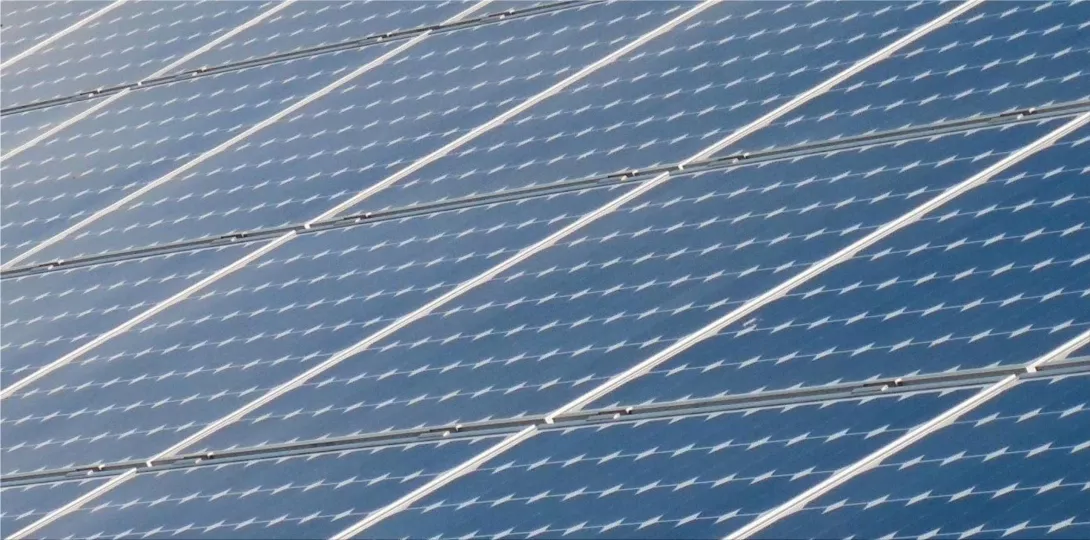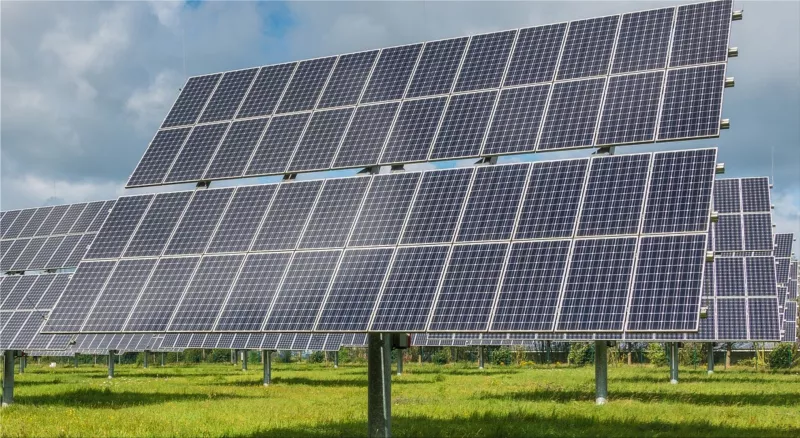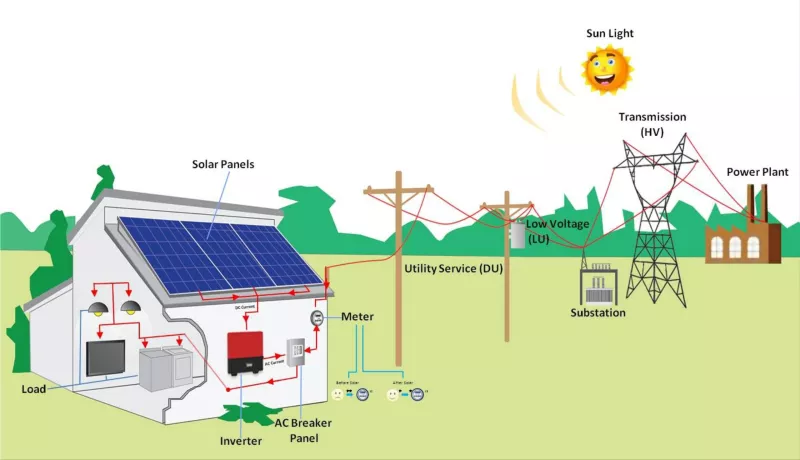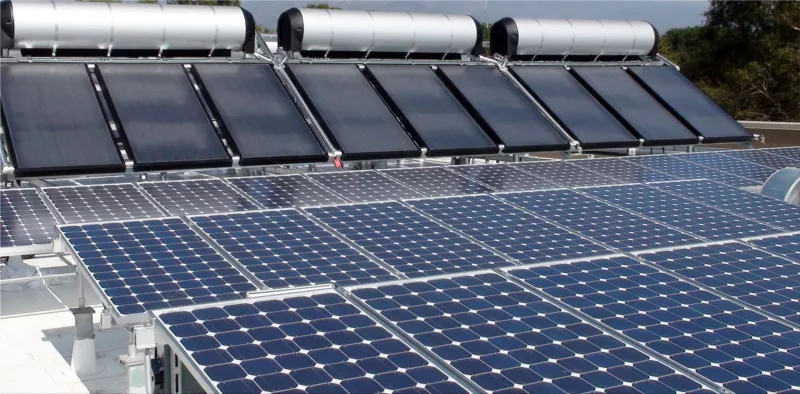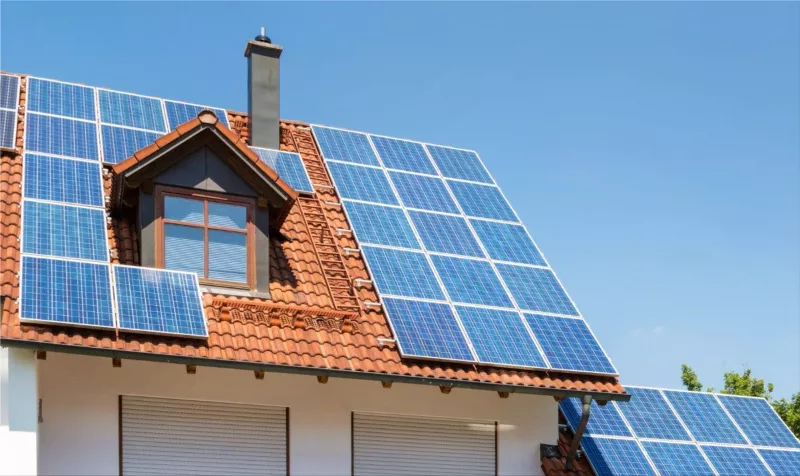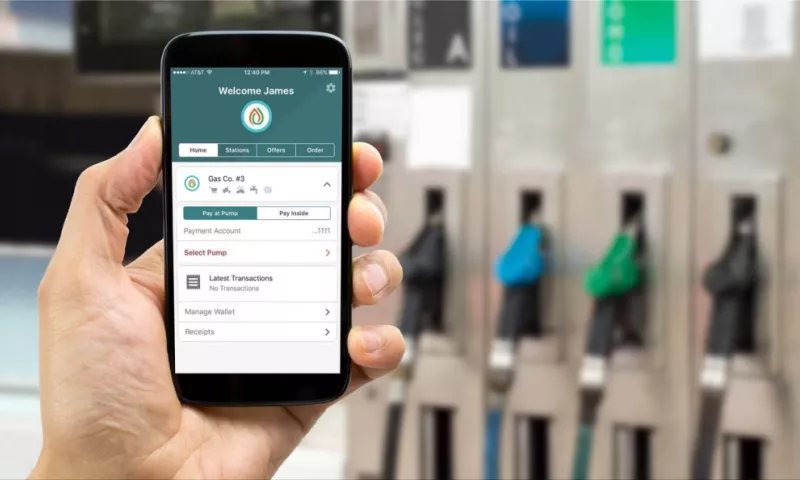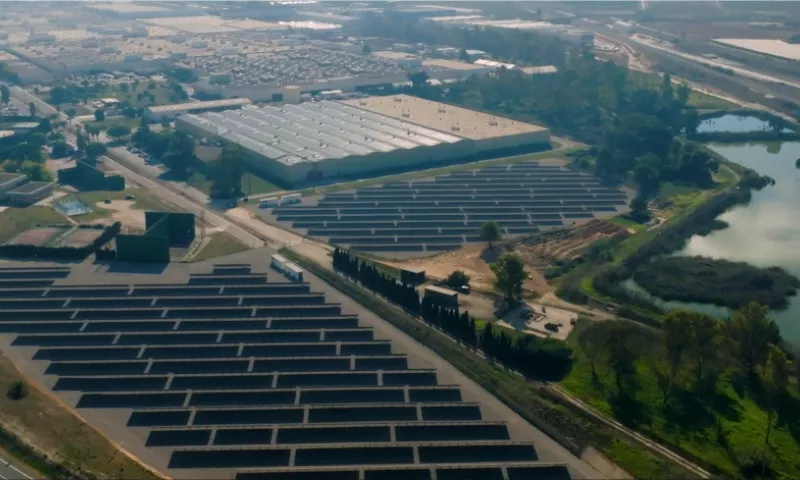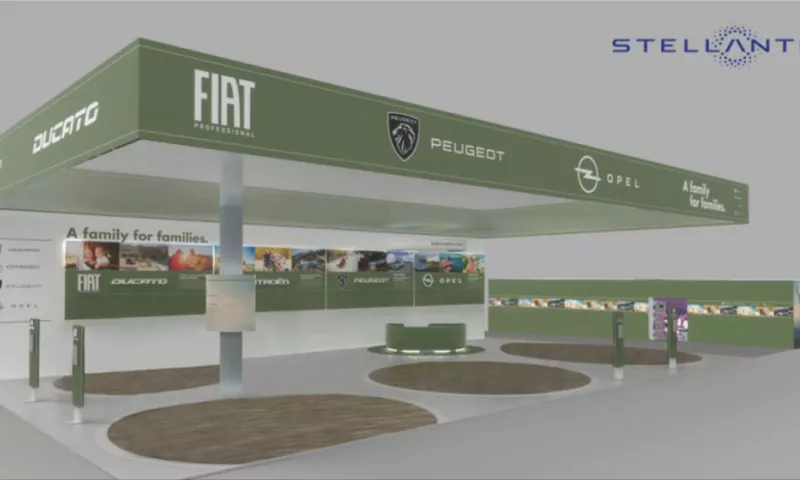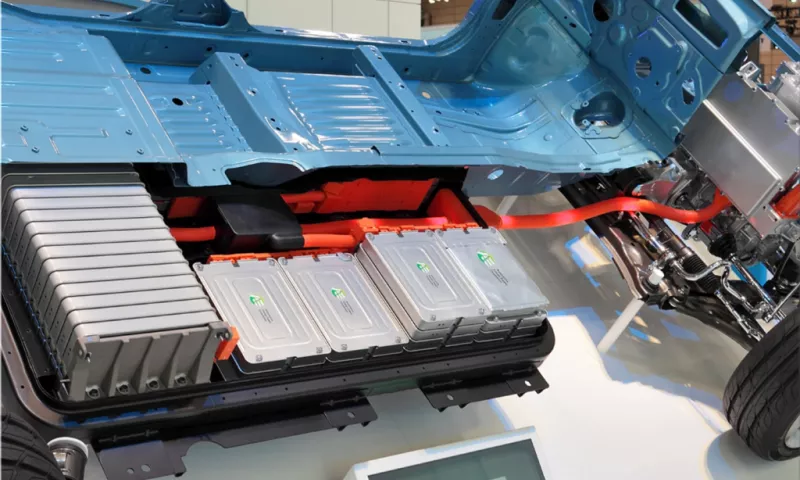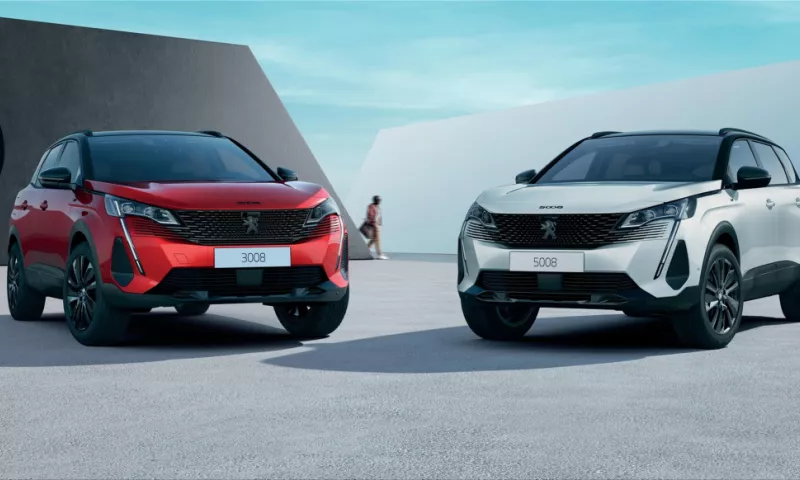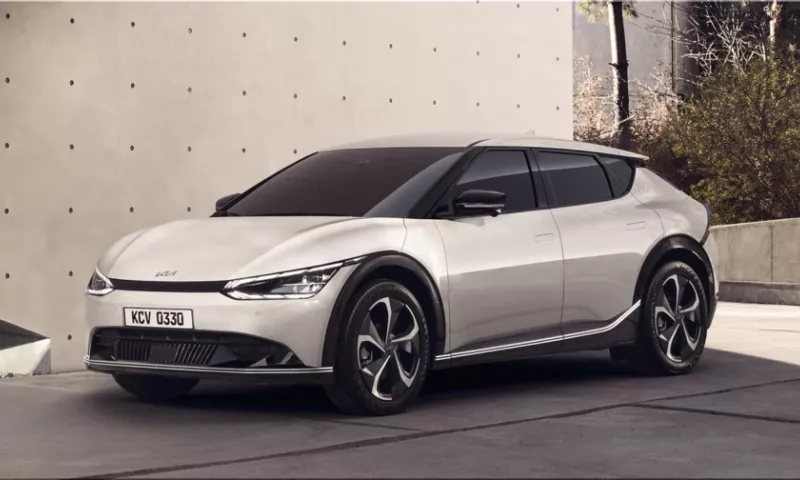The federal government is preparing to offer tax credits for the acquisition of photovoltaic systems in the following year. However, things change when it comes to solar thermal systems. More money is explicitly needed for solar thermal energy to reach the objective of a climate-neutral heat supply.
To the Federal Government and the German Bundestag, the German Solar Industry Association (BSW) and the heating association BDH have a specific request. Currently, the government is only proposing tax benefits to acquire photovoltaic systems. This is why the groups are demanding that the purchase of solar thermal systems be made VAT-free. Associations have reportedly gone to the federal government with this demand, as reported by Solarserver, an industry portal.
For some reason, the associations can't wrap their heads around the fact that the federal government does not include solar thermal system incentives in the annual tax code. According to calculations, the demand for solar thermal energy increased by only eight percent last year. This indicates that photovoltaic systems are currently significantly superior to solar thermal energy. Many people have been urged to switch to solar heating, but more has stayed the same.
The federal government is working toward a certain objective. The goal is to have 50% of our heat come from renewable sources by 2030. And that calls for a substantial amount of solar thermal power. However, only about 16.5% of the heat is now produced by renewable sources. Approximately three times as many solar thermal systems, including rooftops and open spaces, would be required to reach the target. In addition to having no impact on global warming, solar thermal energy can cut gas usage in heating systems by as much as half. As a result, the BSW recognizes a critical need to invest in the solar thermal energy sector.
The permitting procedure for solar power plants is problematic in addition to the widespread rejection of solar thermal energy. BSW's general manager, Carsten König, says the time it takes to get a green light is excessive. Accordingly, the BSW also requires that solar thermal energy be considered in the building code and afforded the same rights as other renewable sources.
The Sonnenhaus Institute notes in a press release that solar thermal energy is frequently misrepresented. Even if a solar thermal system is in good working order, it may occasionally be swapped out for a photovoltaic system. Statements from sources like the Lower Saxony consumer advisory center, which claimed that a solar thermal system in a well-insulated home could replace no more than 10–25% of the heating energy, contribute to this view. As a member of the Sonnenhaus Institute's board of directors, Jörg Linnig is skeptical of such claims. As we all know, it's not only the temperature that matters. When properly planned and implemented, even a basic system can reduce fuel use by 30 percent to 35 percent or more, as Linnig shows.
Using electricity from your photovoltaic system is the most affordable and eco-friendly option for getting around. A solar panel system is estimated to provide enough energy for an electric vehicle's daily commute of about 300 kilometers.

